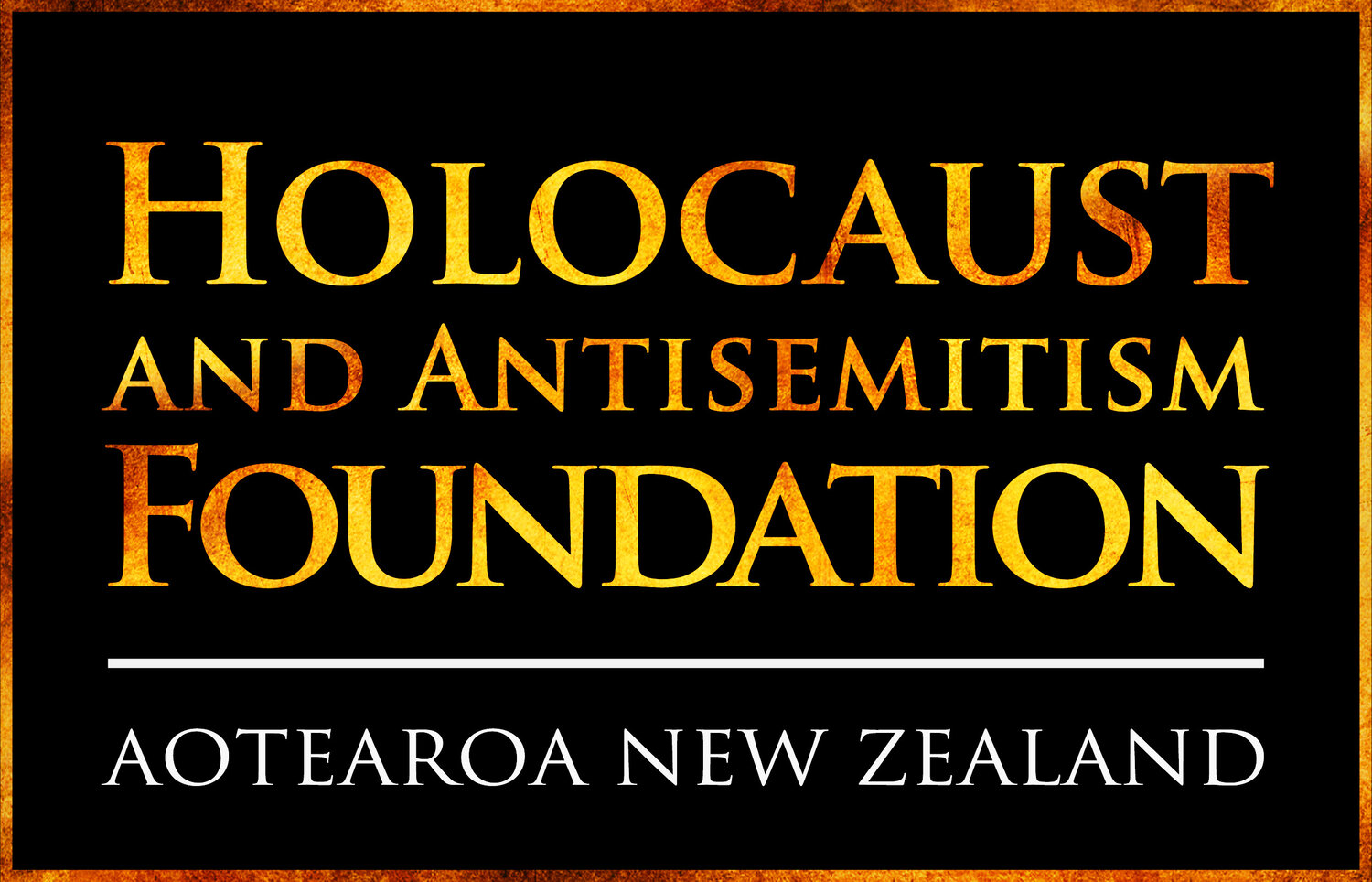The Corruption of the Term Genocide
The term ‘genocide’ is increasingly being hijacked by activists and bad faith actors who are happy to stomp on the graves of real victims of mass atrocity to achieve their political or ideological objectives.
Last week, Sanjana Hattotuwa, a researcher from “The Disinformation Project” claimed that, following the Posie Parker visit, online rhetoric directed at the trans community had risen to “genocidal” levels. He offered no proof and the media that published his words clearly didn’t see fit to question his extraordinary claim.
The man who originally coined the term ‘genocide’ was Polish lawyer Raphael Lemkin. He did so to establish new international laws to prosecute the Ottoman Empire in the wake of the systematic destruction of the Armenian population. Genos means a race, and cide means to kill. Thus, genocide means the systemic murder of a group / or the destruction of a culture.
Hattotuwa directed followers online to a statement released by a new genocide education group named after Lemkin, that incredibly claimed that gender-critical counterargument is the spearhead of a nascent fascist movement. Oddly, this institute has four articles mentioning Uighur Muslims and 137 that mention the United States Police. While an important issue, no reasonable person would refer to Police violence in the U.S. in the same breath as ‘genocide’.
Hattotuwa is not the only high-profile New Zealander to abuse the word. In 2018 Green Party MP Golriz Ghahraman was censured by the Holocaust Centre of New Zealand for accusing Israel of carrying out a ‘genocide’. The Holocaust Centre media release was titled “Grotesque, Reckless Use of ‘Genocide’ by NZ Members of Parliament” and went on to say “… It is not only a grotesque distortion of the term ‘genocide, but it is inaccurate, inflammatory and fuelling hate speech in New Zealand…”
And also last week, Dr Rawiri Taonui, who is part of the New Zealand Human Rights Commission’s National Anti-Racism Taskforce (despite a history of bullying and discrimination), claimed that the Holocaust, which killed 6,000,000 Jews was “equal & opposite” to the situation of the Arab Palestinians today, whose population has increased year on year since 1948. This is an echo of Ms Ghahraman’s “reckless and grotesque” 2018 comments.
Hattotuwa, Ghahraman, and Taonui’s gross misapplication of the term genocide is repulsive. But it is also extremely dangerous. And great that the Holocaust and Antisemitism Foundation called it out.
If people truly believe that trans people or an Arab Palestinian population are under imminent threat from feminists or Jews, respectively, then violence may be justified to stop the ‘genocide’.
Certainly, after a week of rhetoric comparing the gender-critical feminists and others to Nazis (the ultimate genocidaires), Posie Parker’s ‘counter-protesters’ clearly did feel justified to use violence.
A young man was caught on tape viciously attacking a 72-year-old woman, and while these are the actions of an unhinged individual, such a criminal could lean into a defence that their violence was a fair response to a ‘genocidal’ opposition. Misuse of the term is being used to incite and may be viewed by its abusers as an effective tactic to create unrest and force a final political solution of strident state censorship.
Misuse of the word ‘genocide’, especially when the term is abused in relation to the Holocaust per Ghahraman and Taonui, is a form of “soft-core” Holocaust denial. As a culture, we need to collectively address this dangerous corruption of a term that, for the descendants of many New Zealanders, from Europe, Africa and indeed around the world, meant what the word was always intended to mean: the conscious and systemic destruction of their people.
We need to call figures like Hattotuwa out for what they are when they abuse this term – atrocity-deniers – and demand honesty and specificity in our political discourse.
This article was first published on Plain Sight


